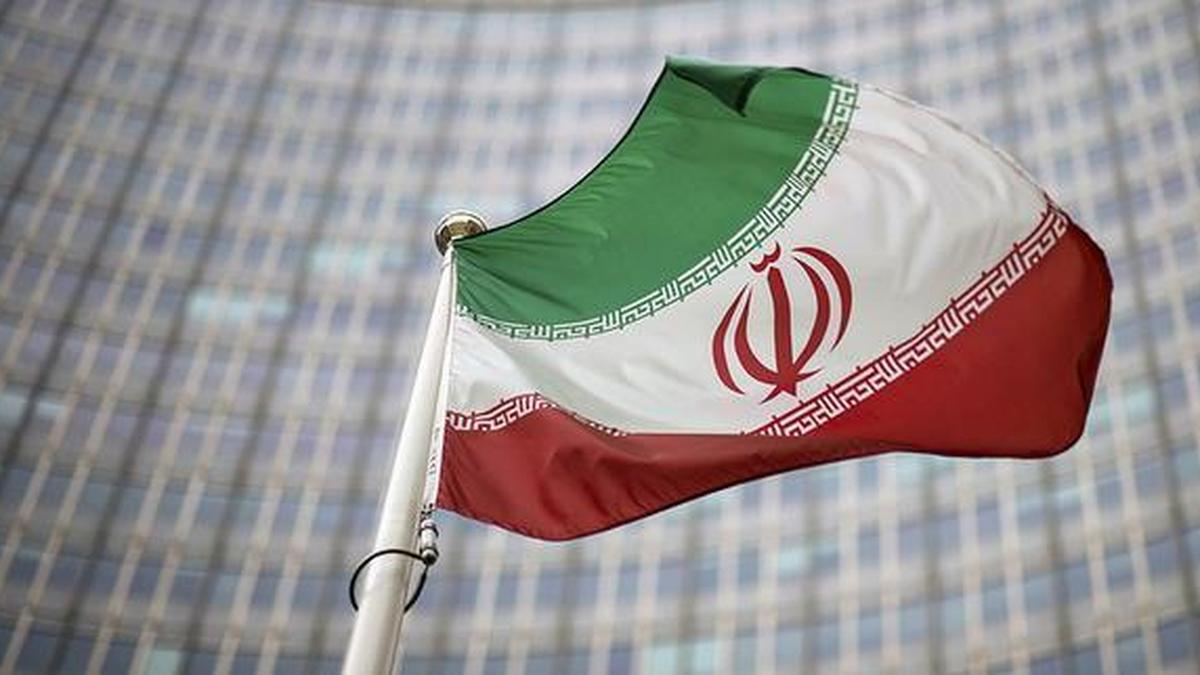Iran Rejects UN Atomic Resolution, Threatens Reprisals
Tehran, Iran – In a significant escalation of geopolitical tensions, Iran has officially rejected a recent resolution from the United Nations atomic agency and issued strong warnings of further retaliatory actions. This assertive stance follows a tumultuous period, specifically a 12-day aerial conflict with Israel in June, which had a profound impact on the Islamic Republic.
Background to the Escalation
The resolution, originating from the International Atomic Energy Agency (IAEA), aimed to address ongoing international concerns regarding the scope and nature of Iran's nuclear program. However, Tehran's swift and categorical dismissal highlights its increasingly firm posture in the aftermath of the recent hostilities. The intense conflict that occurred in June exacted a devastating toll, reportedly claiming the lives of nearly 1,100 individuals within Iran. Among the casualties were prominent military commanders and several highly-regarded nuclear scientists.
Following these severe aerial exchanges with Israel, Iran made a pivotal decision to suspend all its cooperation with the IAEA. This suspension, initiated directly after the conflict, has since become a major point of international contention, contributing to heightened global scrutiny and the subsequent agency resolution.
Implications and Future Actions
Iran's latest threat of "more reprisal actions" signals a clear willingness to further disengage from international oversight or to escalate its responses should it perceive continued pressure from global bodies. This development places renewed and critical focus on the delicate balance of power in the Middle East and the effectiveness of international efforts to monitor and control Iran's nuclear ambitions. As the international community assesses this unfolding situation, the potential for increased instability in the region remains a significant and pressing concern.

